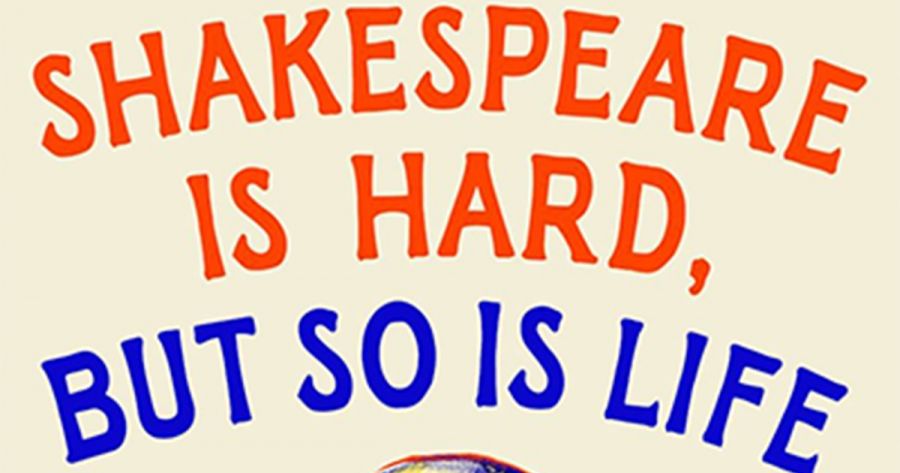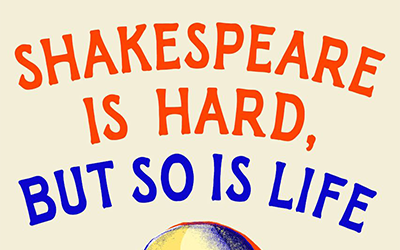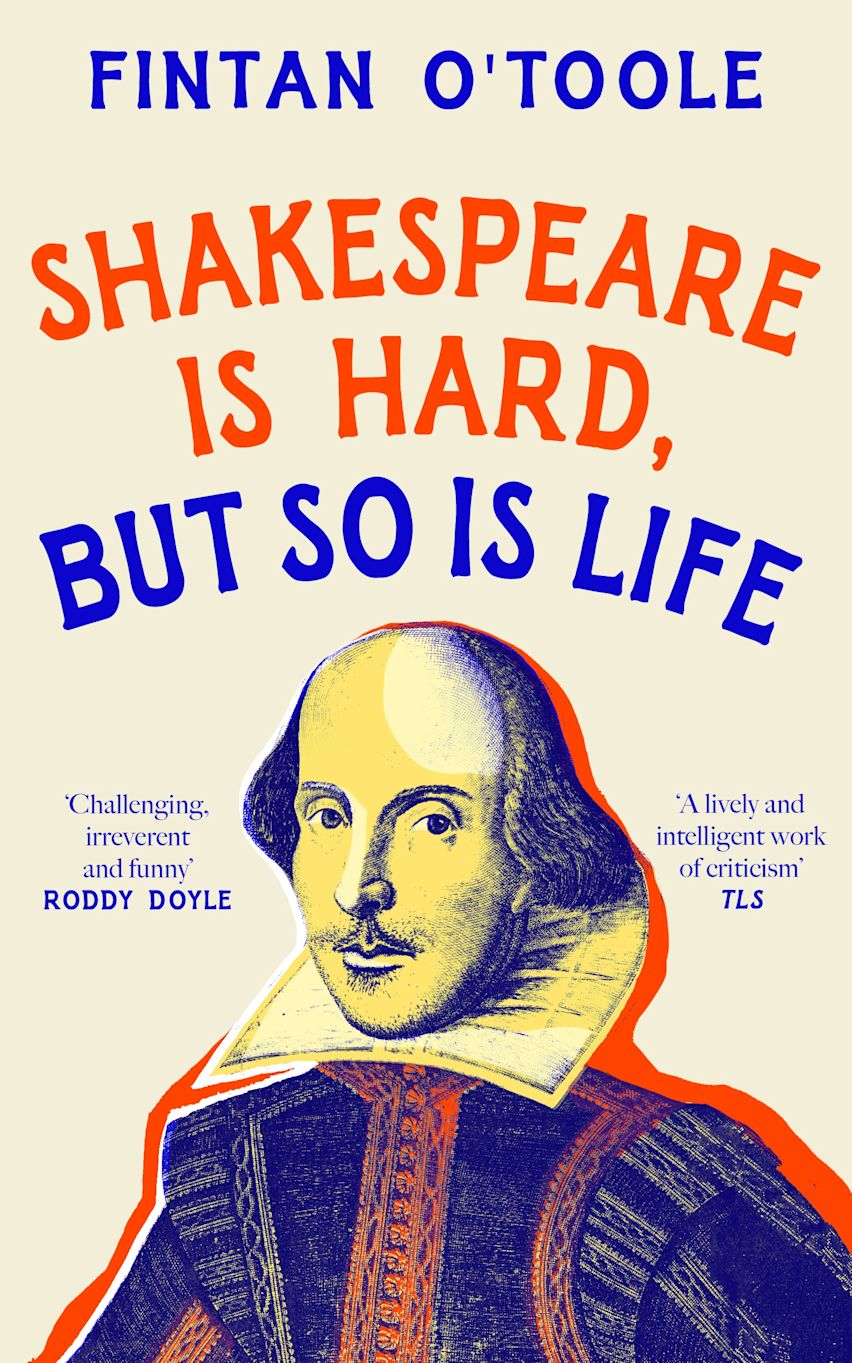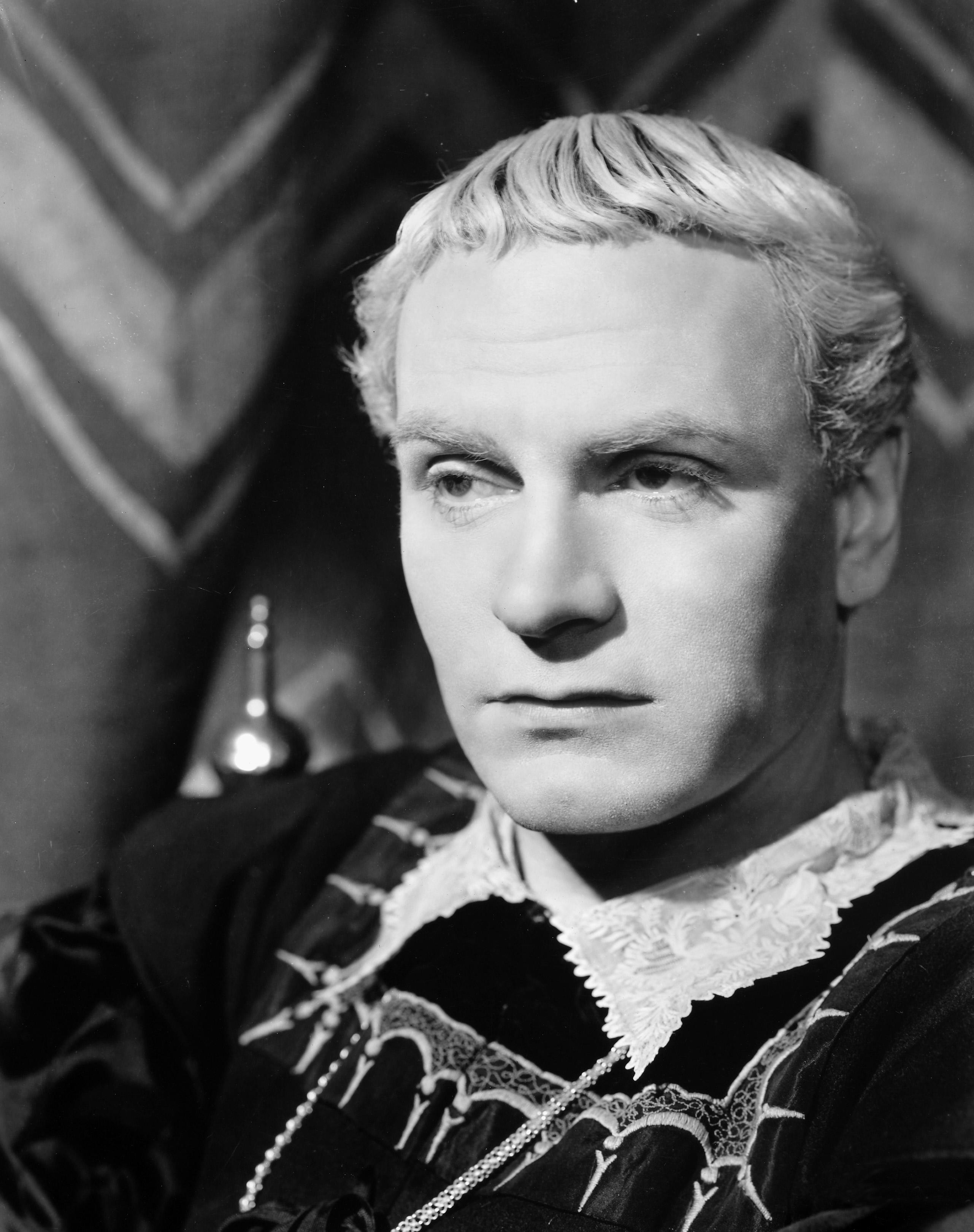
- Free Article: No
- Contents Category: Shakespeare
- Review Article: Yes
- Article Title: ‘Shake the Superflux’
- Article Subtitle: A radical approach to Shakespeare
- Online Only: No
- Custom Highlight Text:
In the dying days of the ignominious Conservative government that he led from 2019 to 2022, the former UK Prime Minister Boris Johnson compared his fall to that of Shakespeare’s Othello. ‘It is the essence of all tragic literature,’ he claimed, ‘that the hero should be conspicuous, that he should swagger around and that some flaw should lead to a catastrophic reversal and collapse.’ Fintan O’Toole seizes on this self-serving, deluded commentary as an instance of a widespread misconception of Shakespeare’s tragic art and one that can be traced, in part, to the playing fields of Eton.
- Featured Image (400px * 250px):

- Alt Tag (Featured Image): Stephen Regan reviews ‘Shakespeare Is Hard, But So Is Life’ by Fintan O’Toole
- Book 1 Title: Shakespeare Is Hard, But So Is Life
- Book 1 Biblio: Apollo, $26.99 hb, 196 pp
- Book 1 Cover Small (400 x 600):

- Book 1 Cover (800 x 1200):

As an antidote to the monotonous summoning of tragic heroes and their tragic flaws, O’Toole reinserts Shakespeare’s plays into the social and political turbulence of their age. Tragedy arises, he suggests, not from some inner fatal flaw, but from the conflicts and confusions that accompany a time of rapid, overwhelming change, of massive economic upheaval and scientific discovery. Shakespeare’s protagonists are caught between the hierarchical values of the old feudal order and the rampant individualism of an emerging capitalist society. The categories and boundaries that define both individual identity and social cohesion break down cataclysmically.
 Laurence Olivier as Hamlet, 1948 (GRANGER/Alamy)
Laurence Olivier as Hamlet, 1948 (GRANGER/Alamy)
The only downside to this radical new approach to Shakespearean tragedy is that it isn’t new at all. The analysis of the plays in terms of the revolutionary shift from feudalism to capitalism has been a staple part of Marxist literary theory since at least the 1930s, and it can be traced all the way back to the writings of Karl Marx himself, who had more than a passing interest in Shakespeare. Marx’s stirring critique of capitalist social relations in The Communist Manifesto of 1848 (‘All that is solid melts into air’) strikingly recalls Macbeth’s astonished response to the witches vanishing and melting into air.
O’Toole holds back from a revolutionary criticism that would pursue the implications of the plays in respect to demand for social change in our own age and not just that of King Lear, and there are times when his own drumbeats are as wearied as the clichéd stuff of Aristotelian tragic theory that he lambasts so fiercely. He claims, in a faulty and convoluted argument, that the Victorians used Aristotle’s ideas to ‘clean up’ Shakespeare and to ‘fit him in with their own taste for moral seriousness and good example’. He blames Matthew Arnold (who wrote very little about Shakespeare) for his didactic criticism, but he omits any mention of other intelligent and discerning Victorian critics of Shakespeare, including Charles Dickens, George Eliot, Thomas Hardy, and Robert Browning.
There is nothing in the book about Shakespeare, Ireland, and Elizabethan colonialism, about which a good deal has been written recently. Admirers of O’Toole’s incisive analyses of Irish cultural politics might be surprised to find him writing (albeit ironically) about ‘our own dear sceptred isle’. The allusion (to John of Gaunt’s deathbed speech in Richard II) is emphatically to England and, moreover, to an England whose imperial power at the time of the play extended to Ireland and the suppression of its people. Just as perplexing is O’Toole’s exploration of questions of race and colour in a section of the book rather too casually subtitled ‘Black and Tan’ (an allusion this time to the notoriously brutal British recruits who bolstered the Royal Irish Constabulary during the Irish War of Independence). Is this meant to be witty?
If the underpinning thesis is not exactly new, neither is the book itself. It first appeared under the title No More Heroes: A radical approach to Shakespeare in 1990. It was then published in a revised edition as Shakespeare is Hard, But So is Life: A radical approach to Shakespearean tragedy in 2002. The current edition includes a new introduction of seventeen pages, but the scant list of books in the Acknowledgments includes nothing published after 1986. Despite multiple printings of the book, there are minor errors, such as repeated references to the ‘tagic hero’, and inconsistent spellings, including the use of both ‘Shakespearian’ and ‘Shakespearean’. It would have been wise to adopt another title, as the existing one is so distinctly unappealing. Along with a profusion of puerile subtitles for chapters (such as ‘Muesli, Morals and a Bright Backside’ and ‘Toads, Toenails and Puritans’), it seems designed to lure adolescent readers before some tragic denouement overtakes them.
In other respects, the book lives up to its promise of a radical approach to Shakespeare’s tragedies, and O’Toole proves to be a thoroughgoing materialist, happily debunking readings of the plays that would seek to divorce them from their moment of historical production. He turns many commonplace critical assumptions upside down, sweeping away the familiar image of Hamlet as a melancholy intellectual in black tights, staring at a skull, and presenting instead the humanist Hamlet caught between opposing social orders and values in a time of corruption, tyranny, and decay. O’Toole writes convincingly that Hamlet’s famous soliloquy (‘To be or not to be’), ‘far from being the speech of an isolated neurotic, is that of a man with a keen political sense and a sharp social knowledge’.
The book is at its best in its trenchant study of King Lear. The traumatic social change attendant on the shift from feudalism to capitalism is highlighted through a sustained attention to images of calculation and measurement, beginning with Lear’s ‘comparative evaluation of love’. As O’Toole astutely notes, ‘The thing that is really beyond all comparisons is nothing, and that nothing is what will come to haunt Lear as the play goes on.’ One of his excellent insights is that the discovery of shared humanity in King Lear comes about through an appreciation of the poor and the dispossessed who are considered ‘nothing’ in the social hierarchy. Lear cries out in Act 3, Scene 4 that he must learn to ‘feel what wretches feel’ and ‘shake the superflux to them’. O’Toole takes this to mean ‘give the excess wealth of the rich to the poor’, and goes on to show how the play contrasts this excessive wealth with the excessive suffering of Lear and Cordelia.
Unlike Boris Johnson, O’Toole does not believe that Shakespeare is ‘the poet of the established order’, and his reading of King Lear is acutely alert to the play’s subversive politics, as well as to its theatrical power and beauty. What the book succeeds in showing us is not that Shakespeare is ‘hard’ but that his plays will forever fill us with wonder. If they speak tragically of the confusions and injustices of social upheaveal in their own time, they also look forward with brilliant prophetic power to that time ‘When tyrants’ crests and tombs of brass are spent’.


Comments powered by CComment